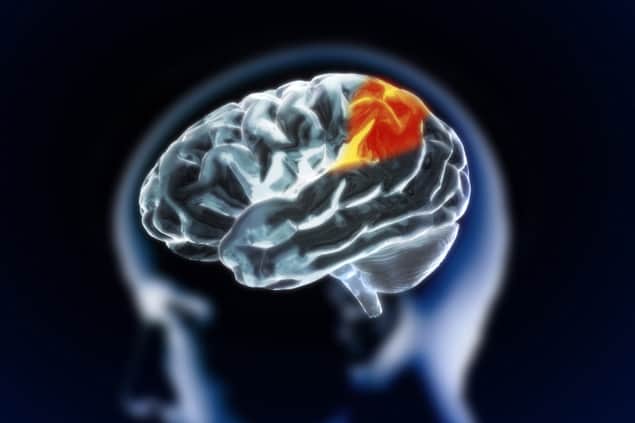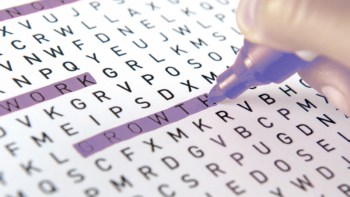Laura Hiscott reviews Youniverse: a Short Guide to Modern Science by Elsie Burch Donald

What are you? Who are you? Where are you going? These are three deceptively simple-sounding questions. But, from the Ship of Theseus to the “hard problem of consciousness”, thousands of years of thinking have shown that they have anything but simple answers. And perhaps nothing could have complicated matters more than the past century of scientific discoveries. It is the relatively recent insights into these three profound questions that are the subject of Youniverse: a Short Guide to Modern Science by novelist and “lifelong learner” Elsie Burch Donald.
Physicists might first think of the shock revelations of quantum mechanics (that matter, including what we are made of, appears to be fundamentally probabilistic, not deterministic) and of general relativity (that the fabric of space–time can be distorted). These topics are covered in the first, material-focused, section of the book, in answer to the question “What are you?”.
But, as Donald shows, physics is not the only discipline that has been thoroughly shaken up in the last 100 years. In the second section, which asks “Who are you?”, the book discusses our current understanding of genetics, neuroscience and psychology, while placing it in the context of longer-held knowledge about Darwinian evolution. Often taking a storytelling approach, the writing is engaging, and occasionally accompanied by useful illustrations, such as anatomical diagrams of the brain and a nerve cell.
The third question “Where are you going?” is addressed in the final section, where Donald follows the recent trajectory of progress to speculate about humanity’s possible next steps. She opines that “the future is set to become a contest between two scientific disciplines: genetic engineering and computer technology in the form of artificial intelligence”.
The book’s content is accessible throughout, and would suit any interested person in the early stages of their scientific education, whether at school or learning independently. But, from CRISPR to quantum computers, the breadth of topics covered means that most readers would probably learn something new from it, while enjoying a comprehensive summary of today’s science.
- 2021 Duckworth Books 240pp £9.99hb



